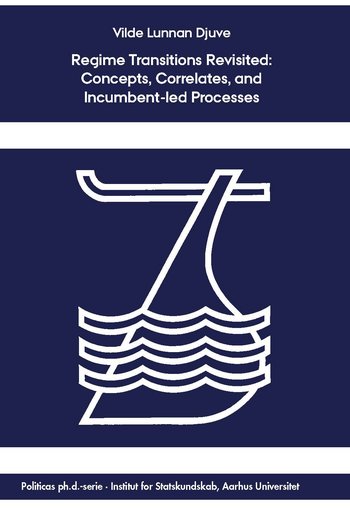Vilde Lunnan Djuve
Regime Transitions Revisited: Concepts, Correlates, and Incumbent-led Processes

Political regimes have vastly different lifespans and can last from mere weeks to entire centuries. When they eventually end and transition into other regimes, the transition likewise takes many different forms. These seminal events have inspired a large literature in political science, but this literature has devoted relatively little attention to regime transitions that are in some way guided by the regime incumbent. I argue that the attention gap is driven not by a lack of prevalence, but by a lack of data. In addition, the larger field studying the causes of regime transitions has largely been limited in scope to the post WWII period and lacked comparability across transition types. In this dissertation, I address these gaps by leveraging a novel dataset – the Historical Regimes Data (HRD) – to systematically evaluate whether and how some of the most established explanations and outcomes of regime transitions travel across time and compare their salience across types of regime transitions. I arrive at four empirical contributions. First, that high income consistently safeguards regimes, whereas high growth only safeguards regimes in periods marred by high regime volatility. Second, that economic crisis is a consistent predictor of incumbent takeover, but that it does not increase likelihoods of incumbent-led democratization. Third, that medium levels of judicial and legislative constraints strongly increase probabilities of incumbent takeover. Finally, I find strikingly different patterns also for economic consequences across transition types, suggesting that studies of transition consequences always disaggregate regime transitions – because the type of transition does matter.
![]() Ophavsretten tilhører Politica. Materialet må ikke bruges eller distribueres i kommercielt øjemed.
Ophavsretten tilhører Politica. Materialet må ikke bruges eller distribueres i kommercielt øjemed.